Network Frequency:60 Hz
Functions:[“Variable Speed/Frequency Drive”,”PID Control”,”Boosted Energy”,”FlashDrop Tool”,”Frequency Limits for Auxiliary Motor Start/Stop”,”Diagnostics”,”Pump and Fan Control Parameter”,”Date Stamp”,”Auxiliary Motors Start/Stop Delay”,”Level Control”,”Interlock”,”Start Delay for Speed Controlled Motor”,”Relay Configuration”,”Real-time Clock”]
Design Features:[“EMC Filter Disconnected”,”Load Analyzer”]
Supply Voltage (AC):380Vac-480Vac, 200Vac-240Vac
Type of Network:3-phase
Certification:DIS0006
Series:DIS0006
Model:NDCS03
Brand:ABB
Operating Voltage:220 V
Output Frequency:30 kHz
The ABB NDCS03 NETWORK 90 inverter is a cutting-edge solution for industrial automation, engineered to deliver exceptional efficiency and reliability in a wide range of applications. Designed for seamless integration into existing systems, this inverter ensures optimized performance, enhanced energy savings, and reduced maintenance requirements.
Featuring advanced PID control algorithms, the ABB NDCS03 NETWORK 90 provides precise speed and torque control, making it ideal for applications requiring high accuracy and stability. Its robust design withstands harsh industrial environments, ensuring continuous operation even under challenging conditions.
With its comprehensive set of communication interfaces, including Modbus RTU, DeviceNet, and Ethernet TCP/IP, the ABB NDCS03 NETWORK 90 facilitates easy connectivity with various industrial devices and systems. This enables streamlined data exchange and remote monitoring, enhancing operational efficiency and reducing downtime.
Equipped with an IP20 protection class, the inverter offers reliable protection against dust and splashing water, making it suitable for a variety of industrial environments. Its efficient cooling system ensures optimal performance, even during prolonged heavy-duty operations.
The ABB NDCS03 NETWORK 90 inverter comes with a user-friendly interface, providing real-time monitoring and diagnostics, and supports customizable parameters for tailored performance optimization. This ensures that users can easily configure the inverter to meet their specific application needs, leading to improved productivity and cost savings.
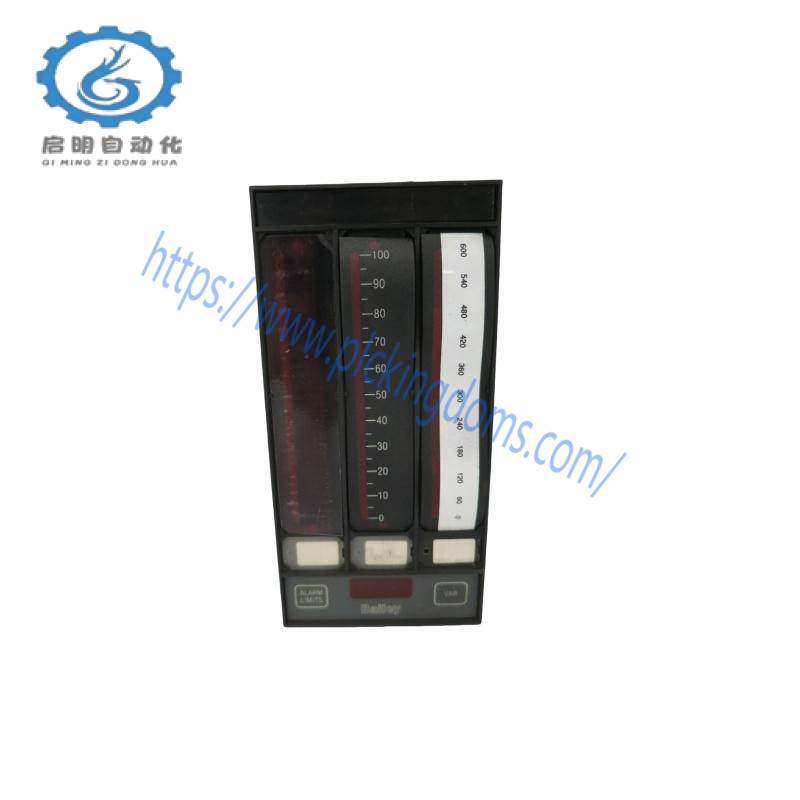



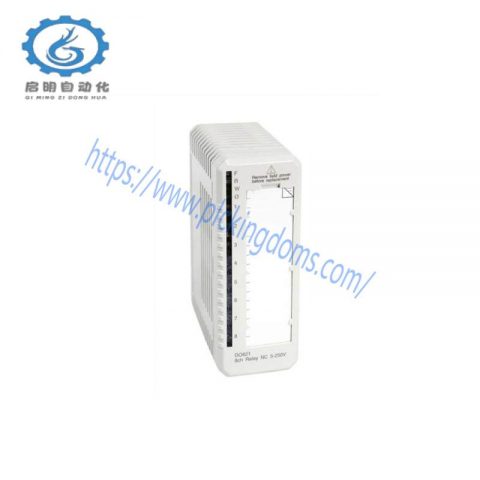
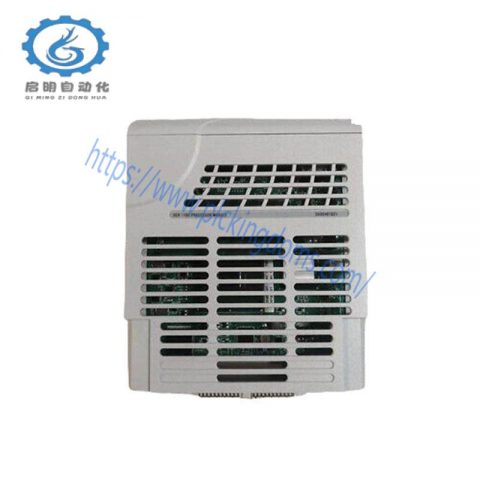

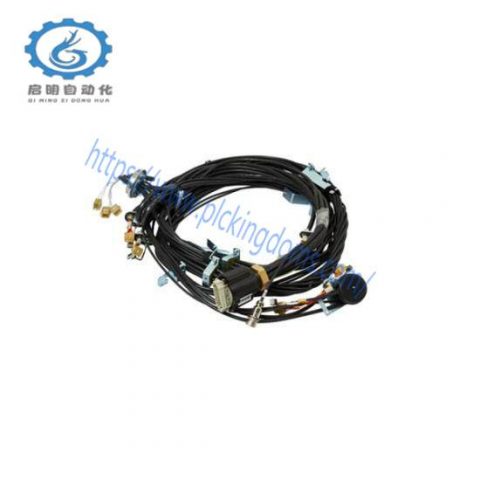
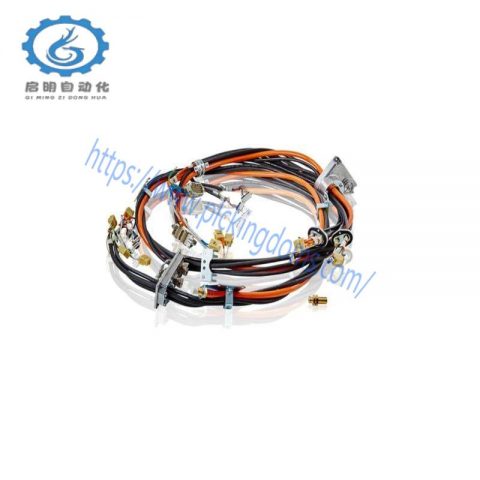
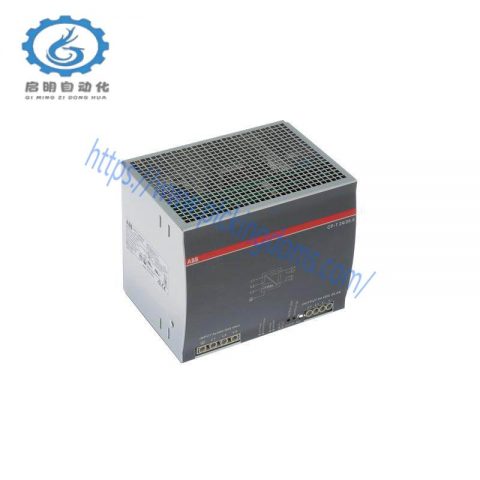
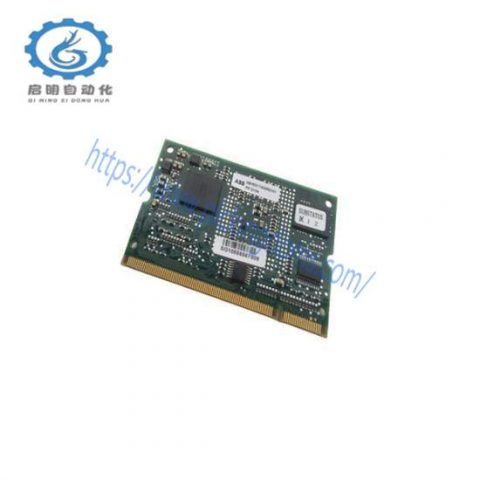

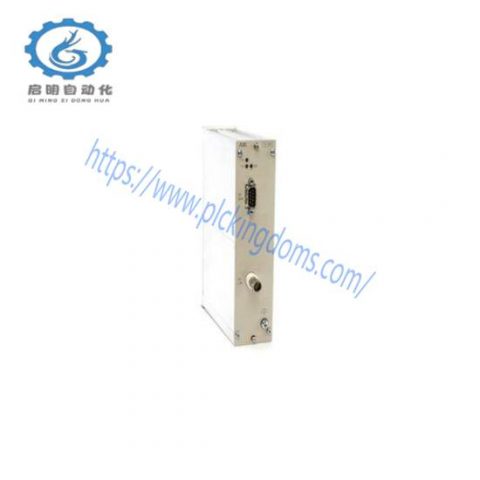
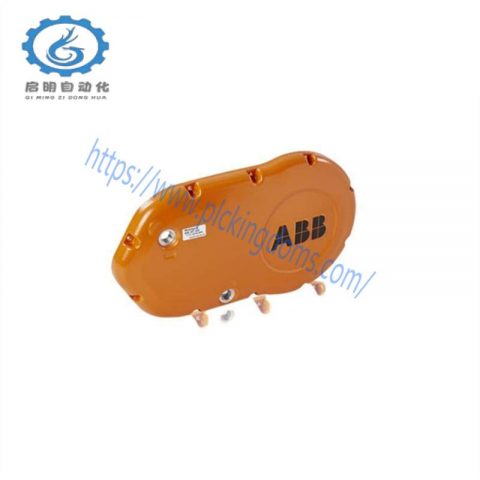


There are no reviews yet.